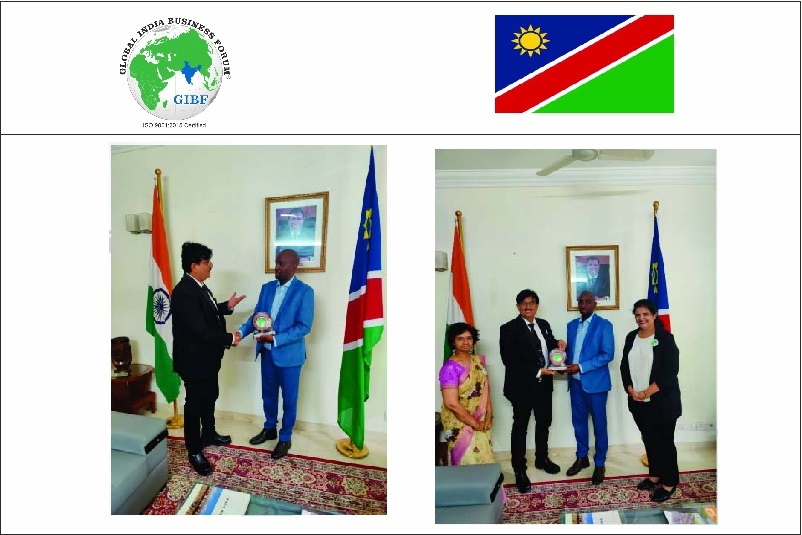India - Namibia Business and Cultural Council
Namibia, in southwest Africa, is known for the Namib Desert along its Atlantic Ocean coast. It gained independence from South Africa in 1990. Namibia is renowned for its diverse wildlife, dramatic landscapes, and the Etosha National Park.







